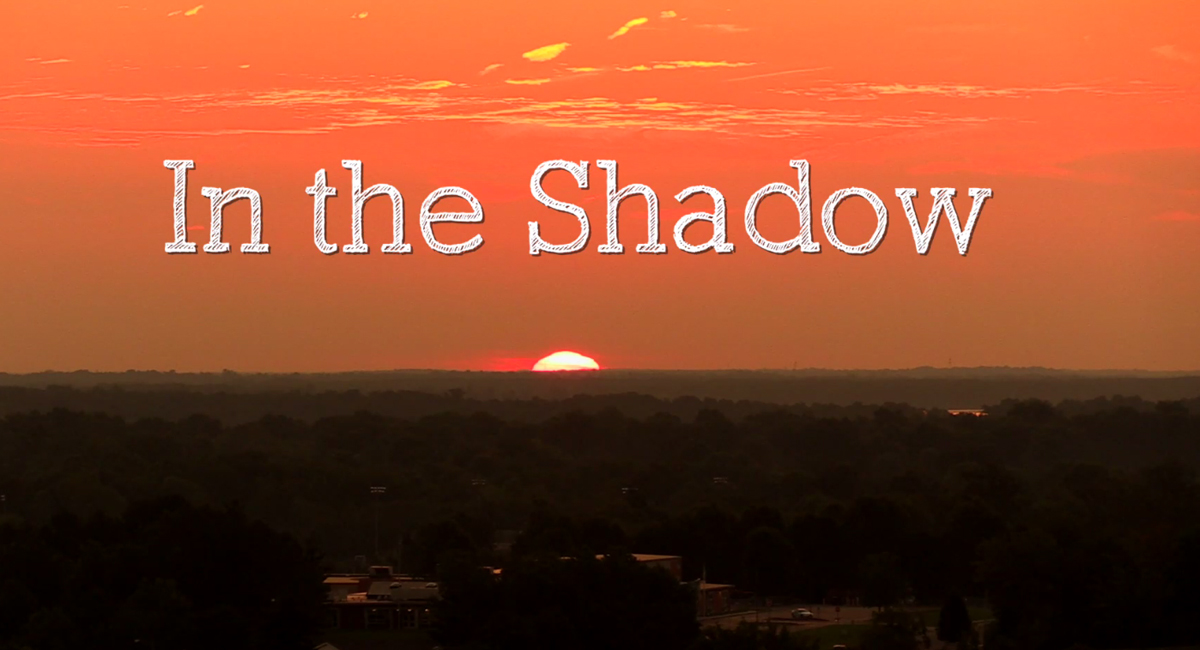
February 13, 2019
Eclipse documentary earns Broadcast Education Association award
CARBONDALE, Ill. — “In the Shadow,” a one-hour documentary that looked at the run-up to the 2017 Great American Eclipse has earned top honors from the Broadcast Education Association.
Produced by faculty, staff and students in Southern Illinois University Carbondale’s College of Mass Communication and Media Arts, the film earned the “Best of Competition” award in the BEA Festival of Media Arts’ faculty documentary competition long form video or film category.
A central theme in the film was what happened during the 13 hours and 23 minutes between sunrise and sunset on Aug. 21, 2017. The eclipse duration was 2 hours and 55 minutes, with eclipse totality at 2 minutes and 24 seconds. The event marked the first total solar eclipse visible from the contiguous United States since 1918.
Meaningful recognition
H.D. Motyl, chair of the Department of Cinema and Photography and the Department of Radio, Television, and Digital Media, said one of the greatest aspects of the BEA Festival of Media Arts is the judges are peers from sister institutions around the country.
“The judges are creative professors who are making work, too, so to be awarded by them for our work is much more meaningful,” Motyl said. “Any award in which the institution is mentioned, especially at something as prestigious as BEA, underscores the quality and relevance of the program.”
Documentary showcases opportunities and ‘incredible talent’ within the college
The documentary was executive produced by Deborah Tudor, dean of the College of Mass Communication and Media Arts, and produced by Motyl and Mark Stoffel, a digital media specialist and instructor within the college. The idea for a documentary was first discussed by Tudor and Scott Ishman, dean of the College of Science and eclipse committee co-chair.
About 10 student-involved camera crews helped chronicle activity leading up to an event that filled Saluki Stadium and served as a focal point for national and international media. Filming started in late spring 2017 and included interviews with Mat Kaplan of Planetary Radio and David Baron, historian, author and self-professed umbraphile — or eclipse chaser. Topics ranged from a discussion on how ancient cultures viewed eclipses to eclipse-related merchandise, from soda cans and bakery goods to cookies and postal stamps.
“When we started the project, we envisioned a documentary that would not only capture the wonder and awe experienced during the eclipse, but provide a chance for MCMA faculty, staff, and students to collaborate,” Tudor said. “We succeeded in both those aspects and the response to the film is very gratifying.”
Film is a ‘gift that keeps on giving’
Stoffel, who poured through hundreds of hours of video while working to piece together the film, said he’s thrilled with the response.
“Looking back about two years ago, when this whole effort started, I had not the faintest idea where this production would be taking us,” he said.
Documentary continues to receive interest
The film premiered in March 2018 at Shryock Auditorium on campus. Since then, the documentary has entered several festivals, including the River Town Film Festival in Clinton, New Jersey in September and the River’s Edge International Film Festival in Paducah, Kentucky in November.
The film has been entered for consideration in upcoming documentary film festivals in Moscow and Atlanta, Georgia, as well as a history film festival in Croatia, Motyl said.
“We are always looking for other festivals to enter and other venues to screen the film,” he said.
Total solar eclipse Part II
The university and region will once again serve as an eclipse crossroads with a total solar eclipse with more than four minutes of totality on April 8, 2024.
